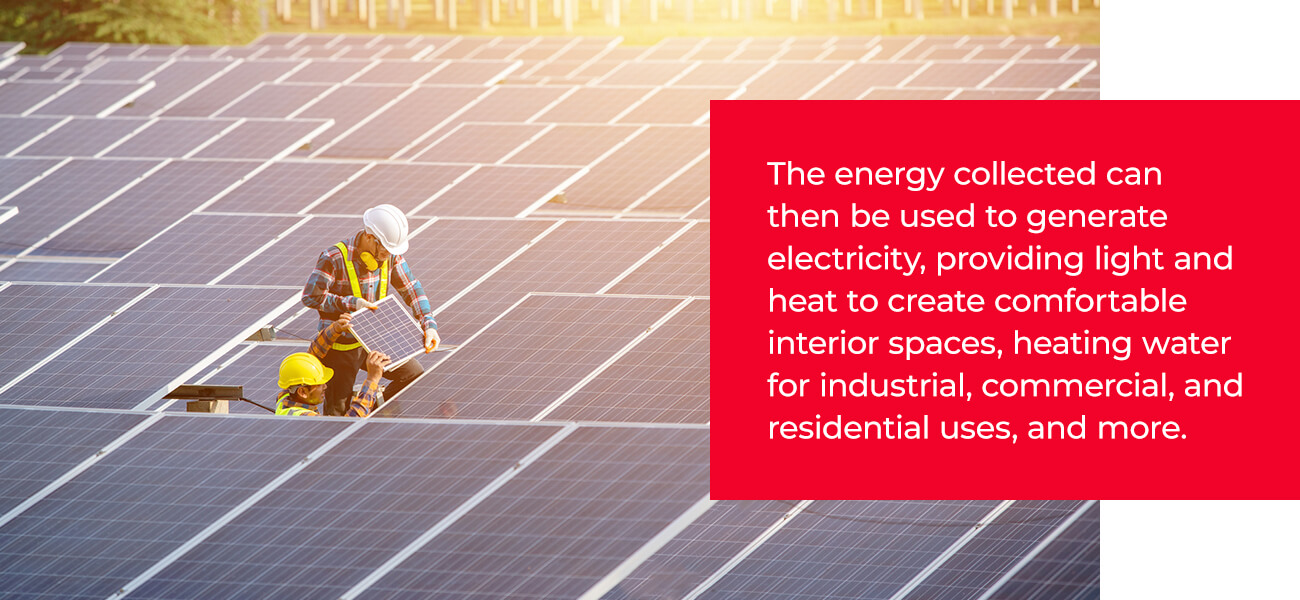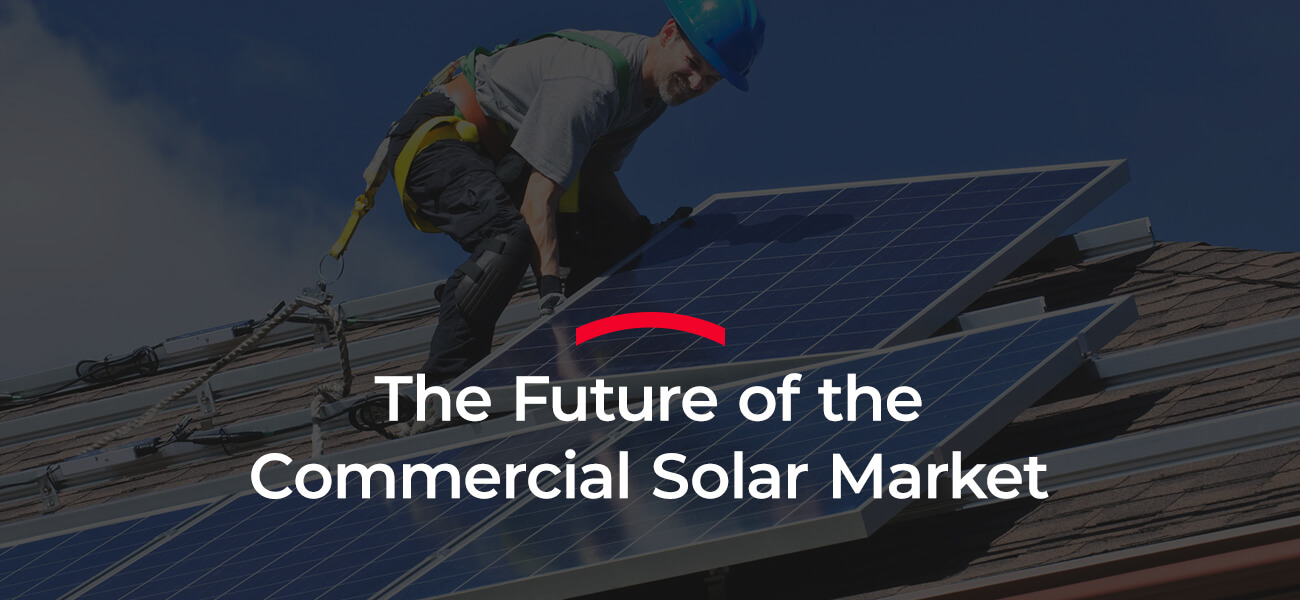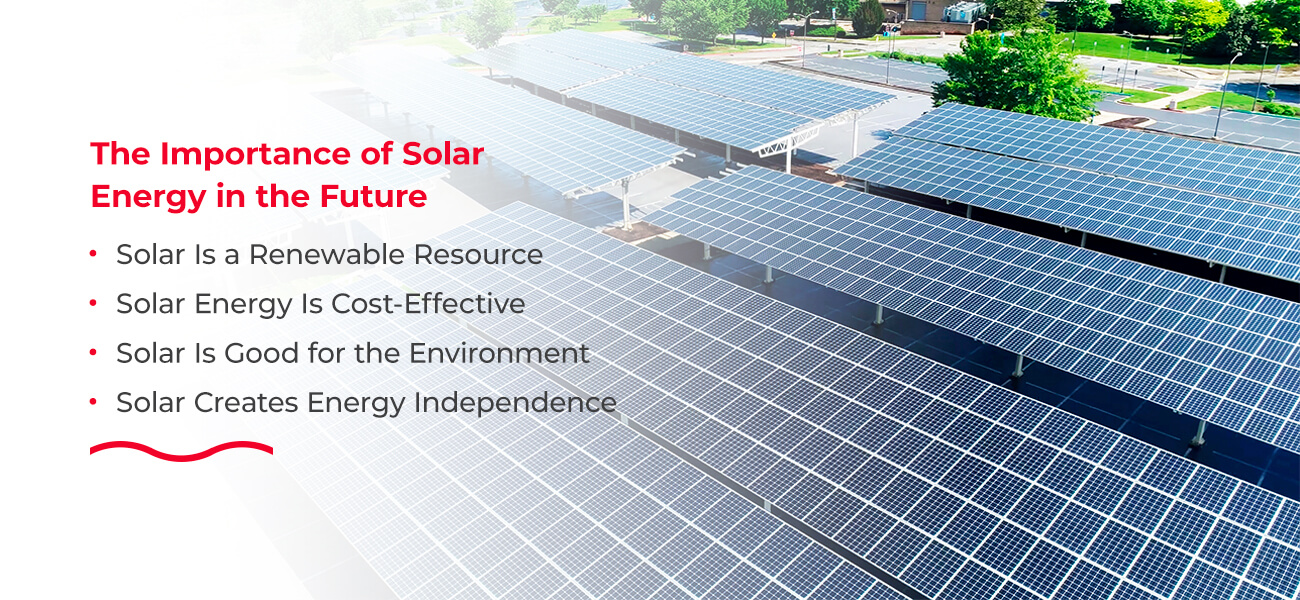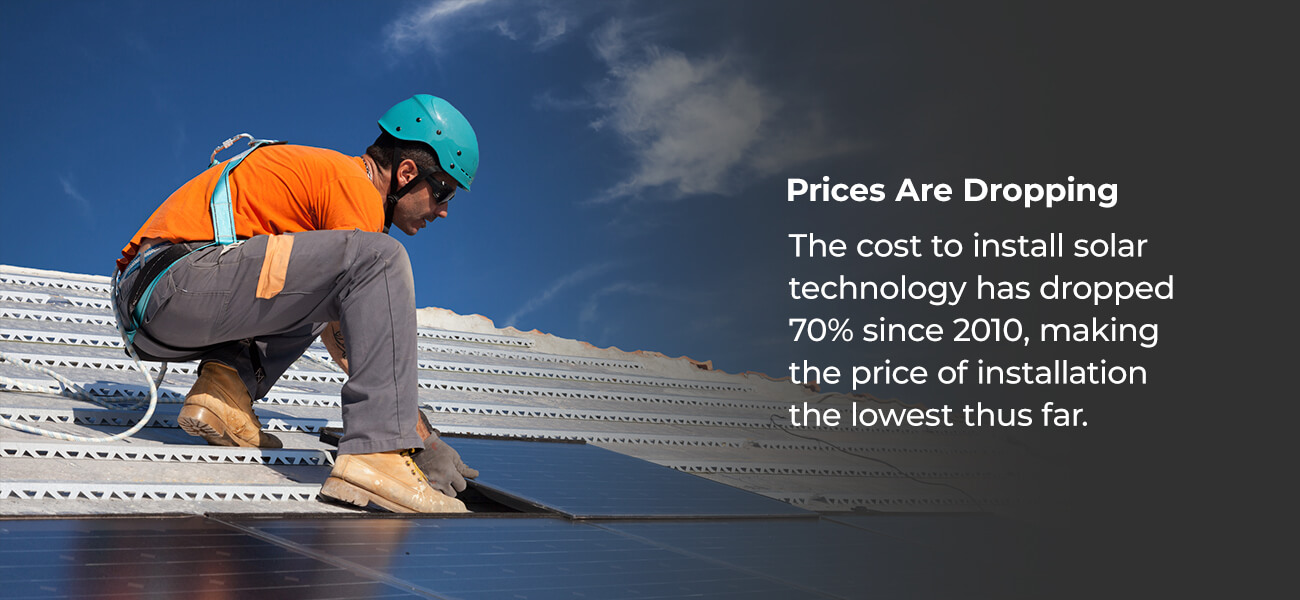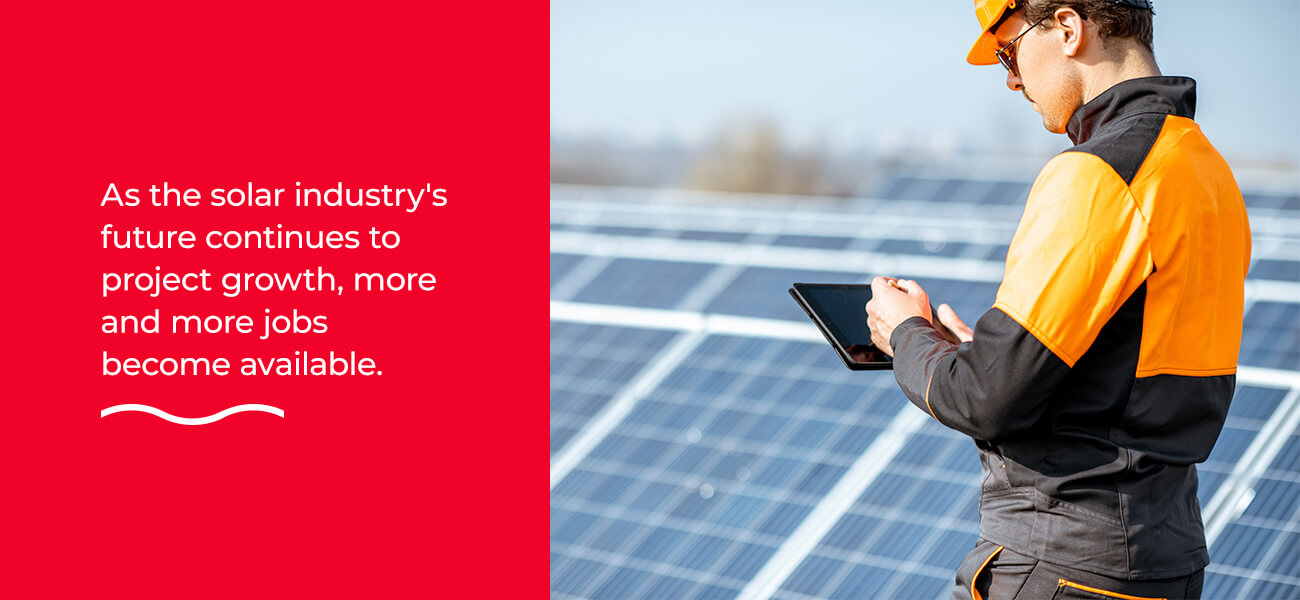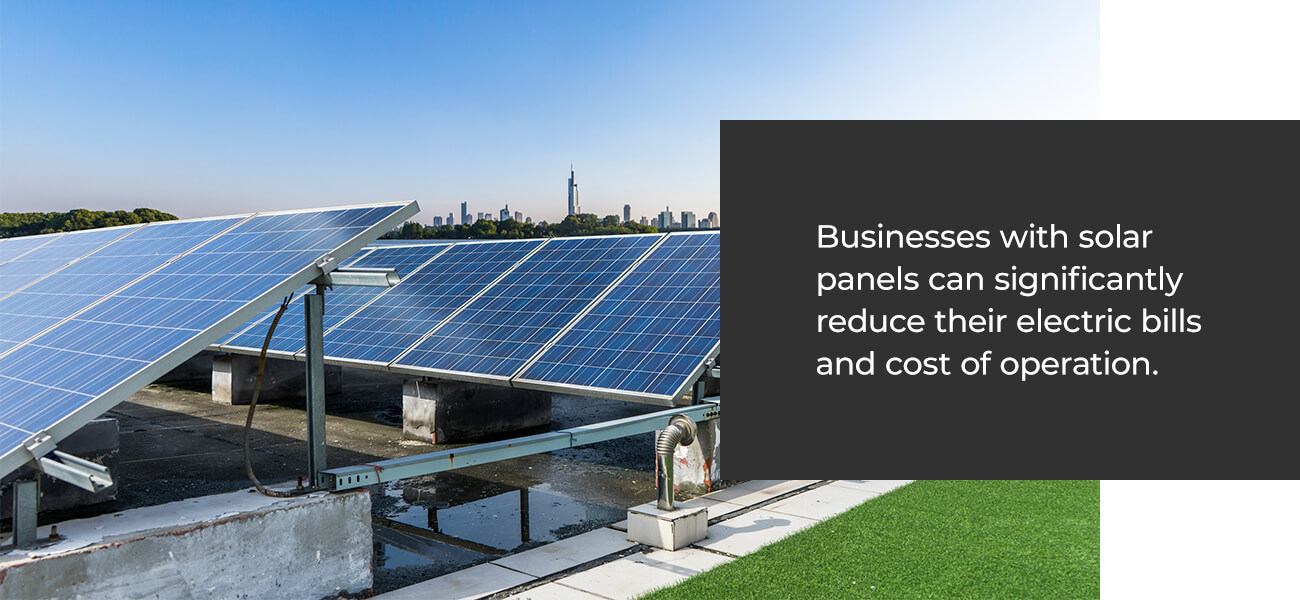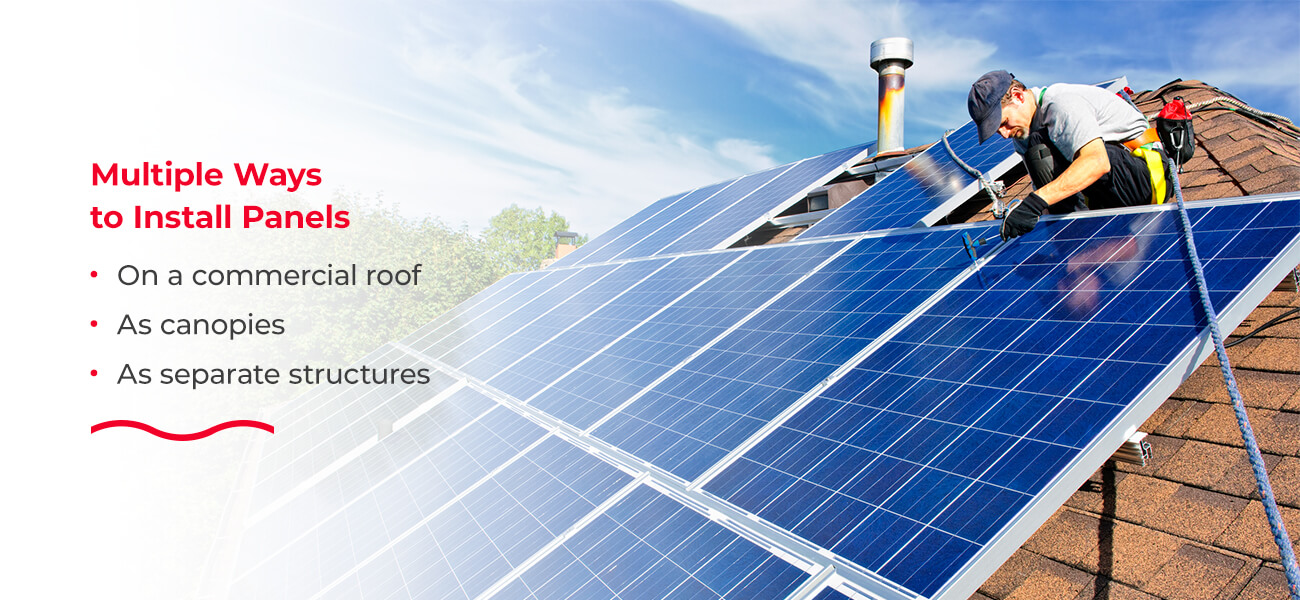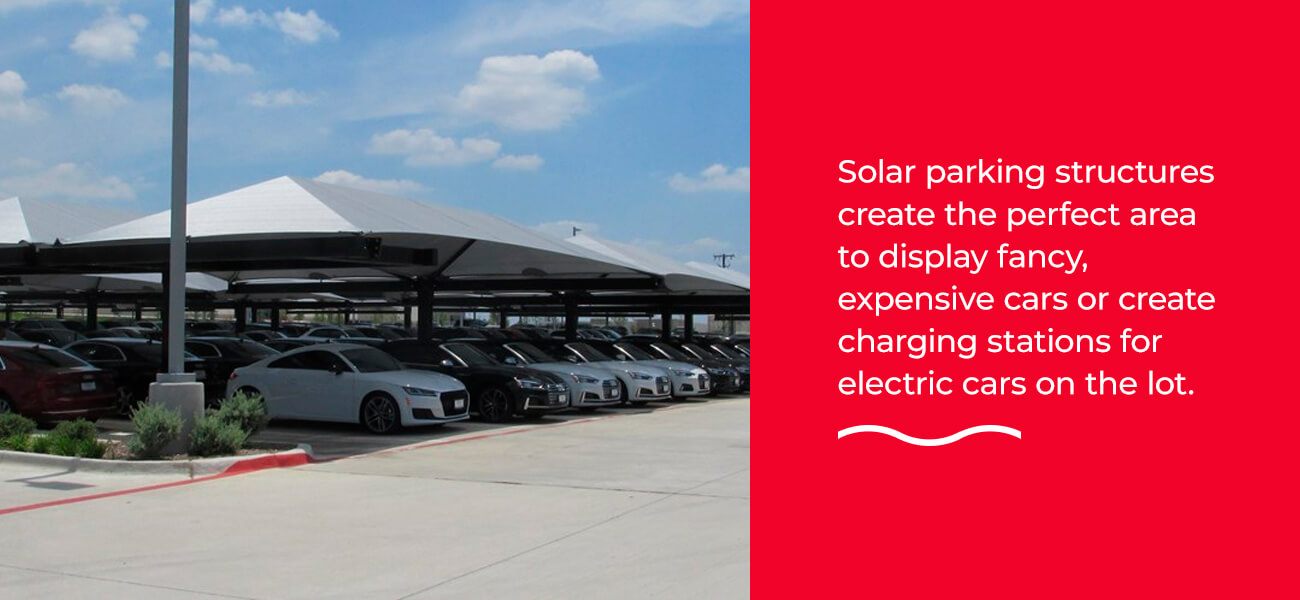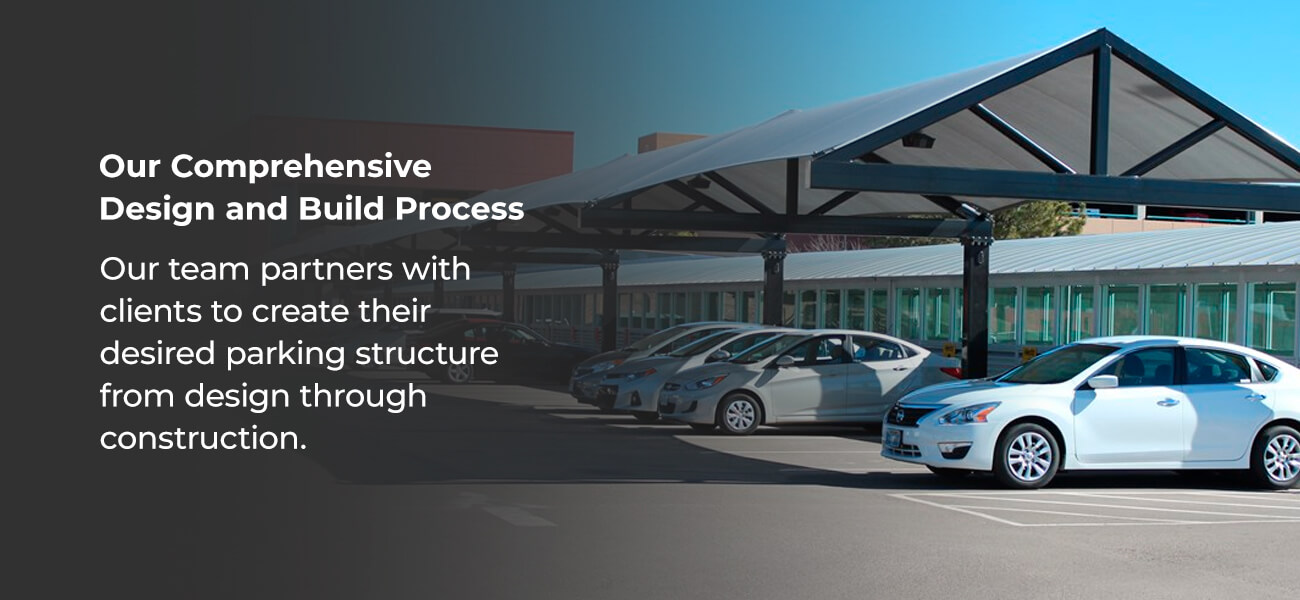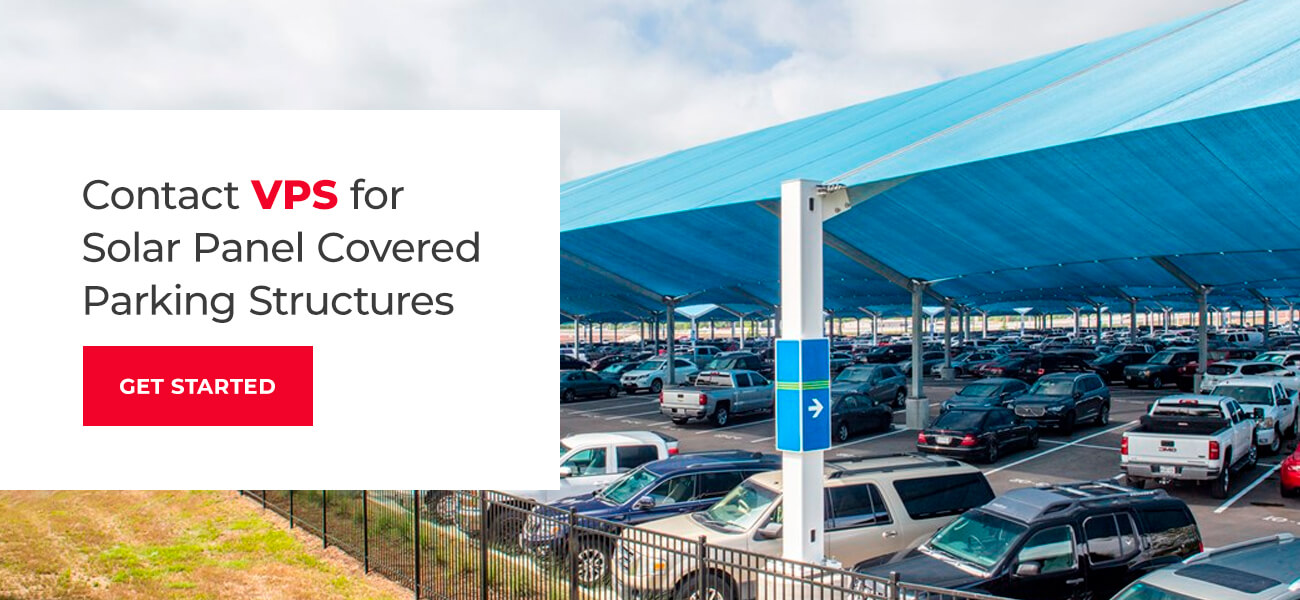As fossil fuels deplete, solar energy becomes one of Earth’s most important renewable energy sources. Solar energy is so abundant that more than 10,000 times the world’s total energy use reaches the Earth continuously in the form of solar energy. The solar market allows us to use this energy in place of other natural resources to obtain a cleaner and more sustainable way of powering lights, heat, and more.
The future of solar energy continues to look promising for the commercial solar market. As more businesses invest in clean electricity, be sure to consider these current solar market insights and learn how the industry is on the rise.
Read the full article or jump to a specific section:
- What Is Solar Energy?
- The Importance of Solar Energy in the Future
- Solar Market Trends and the Future of the Solar Market
- Benefits of Incorporating Solar Energy Into Businesses
- Where to Use Solar Canopies and Parking Structures
- Our Comprehensive Design and Build Process
- Contact VPS for Solar Panel Covered Parking Structures
Promote the future of solar energy with solar panel-covered parking structures? Contact our team to get your project started!
